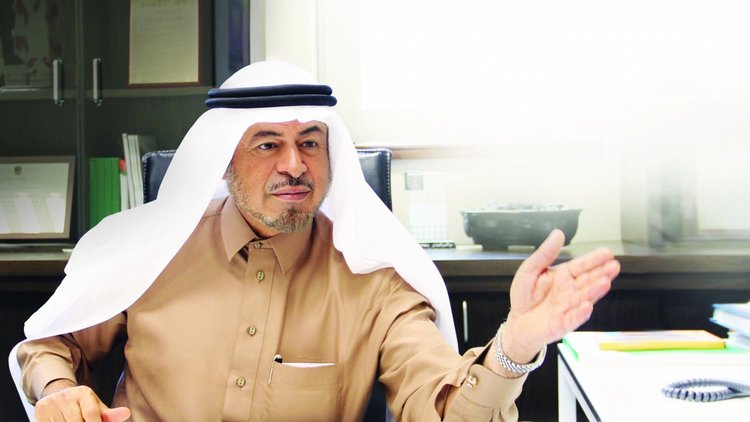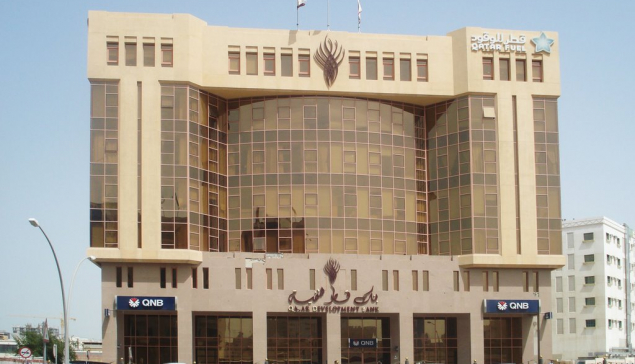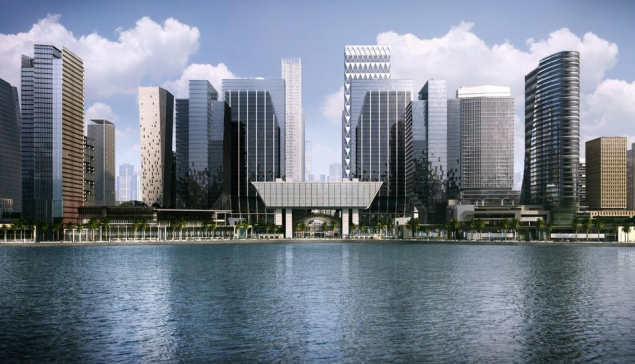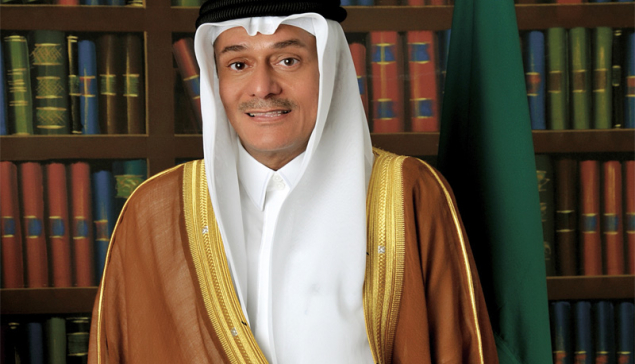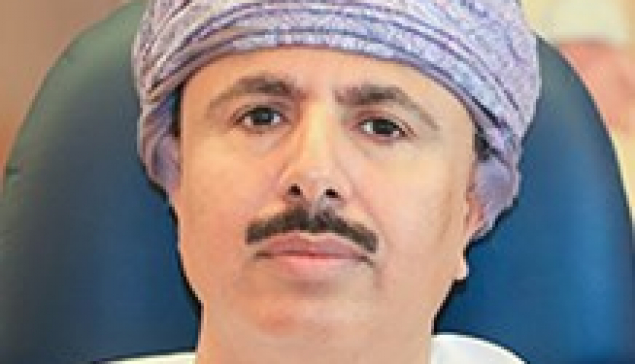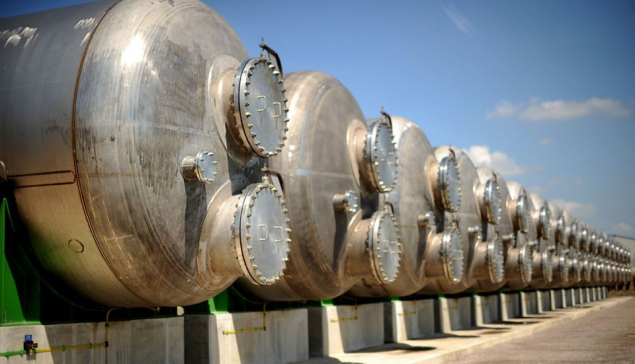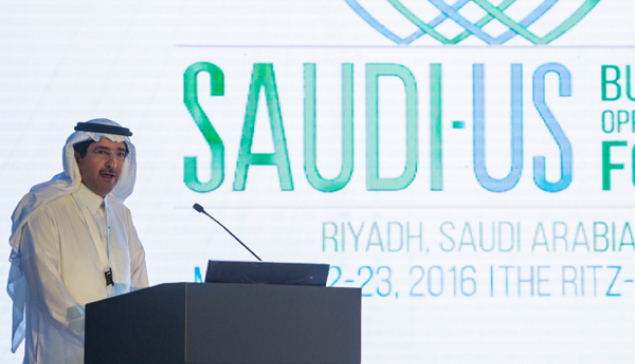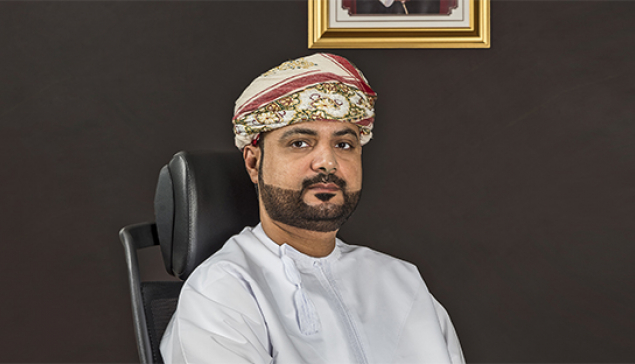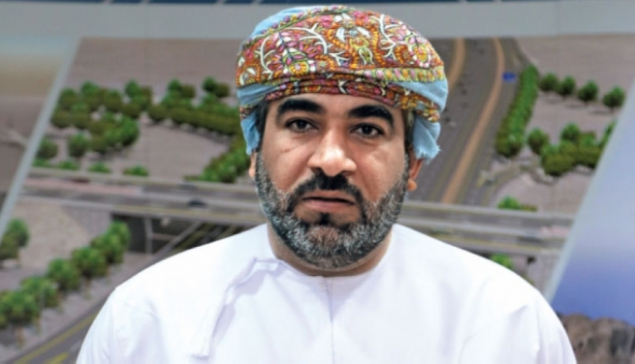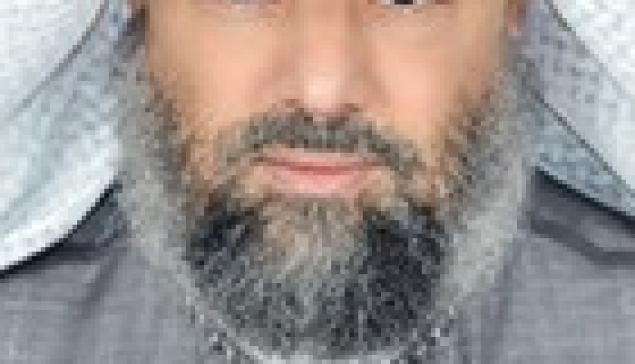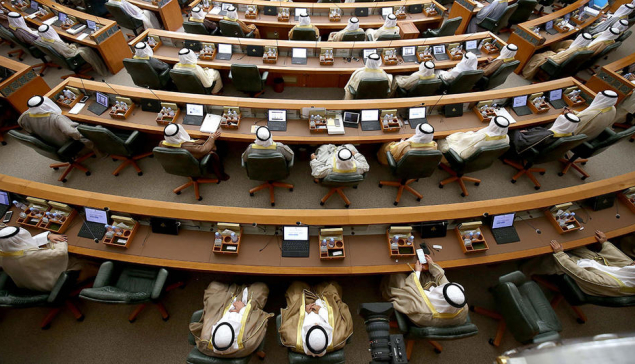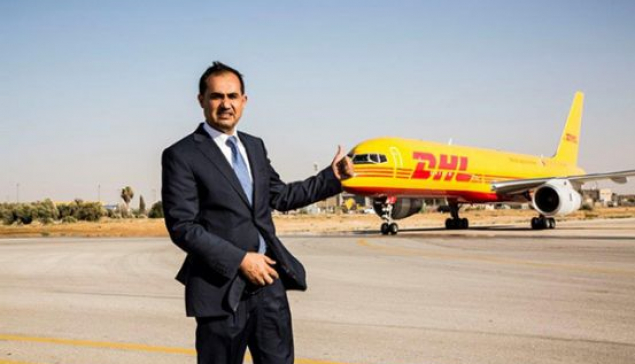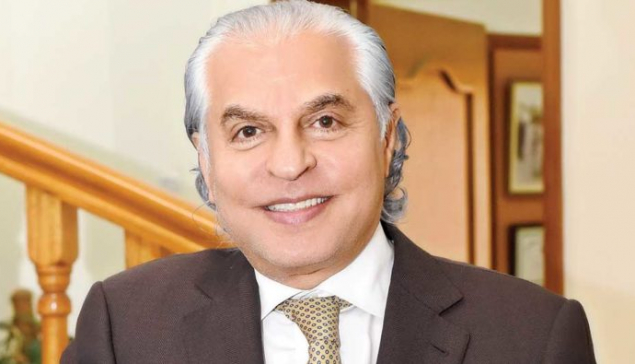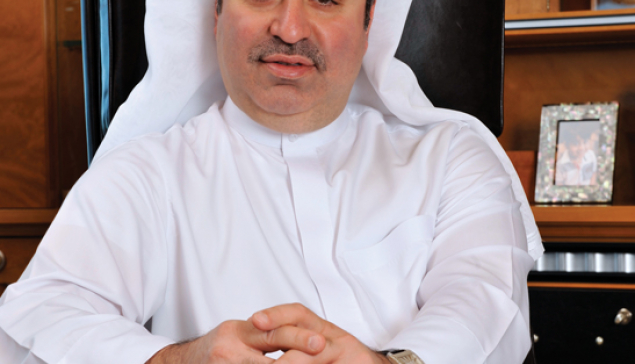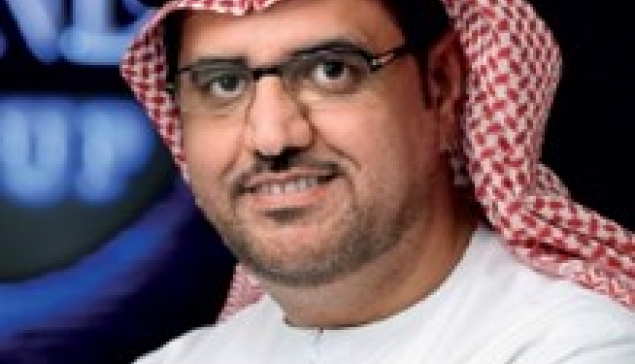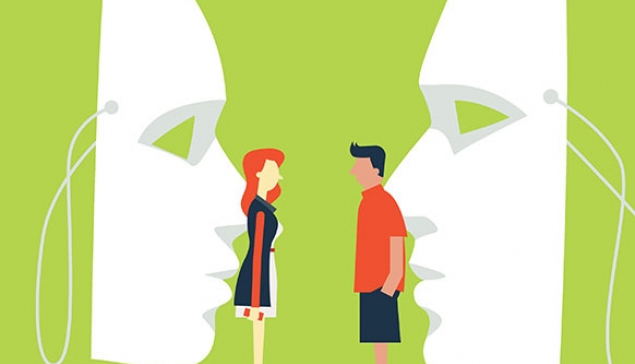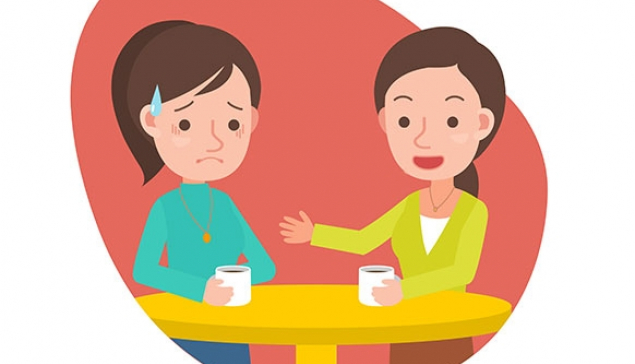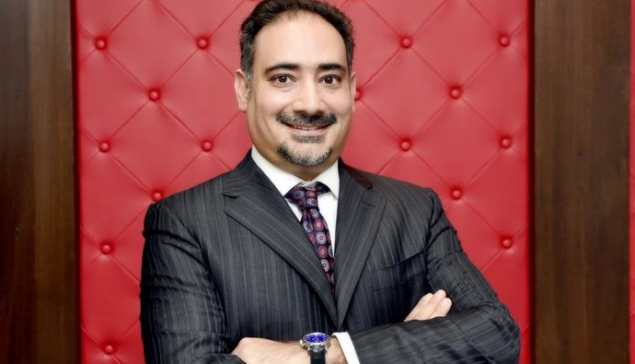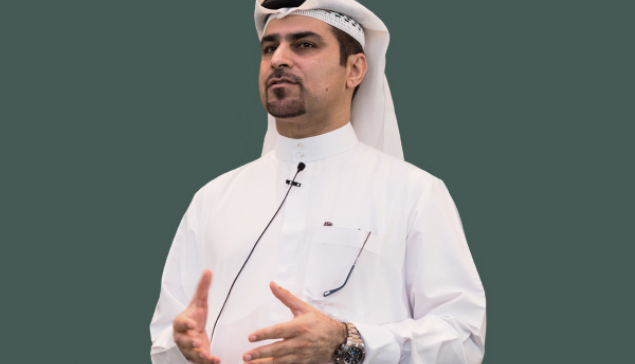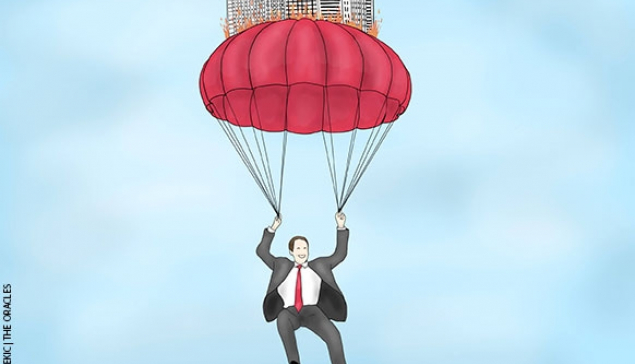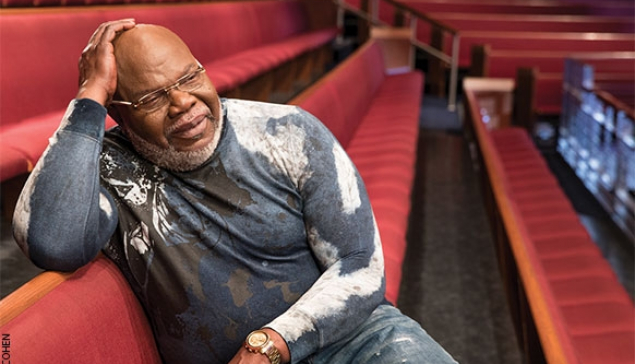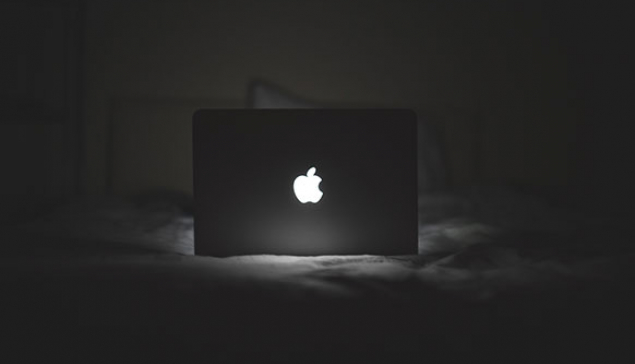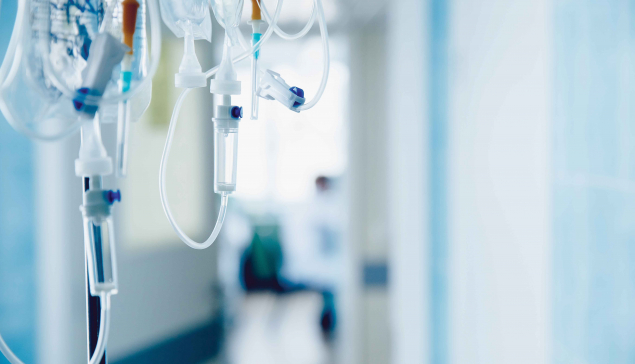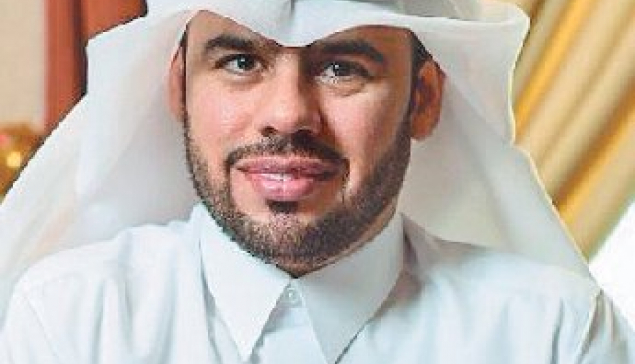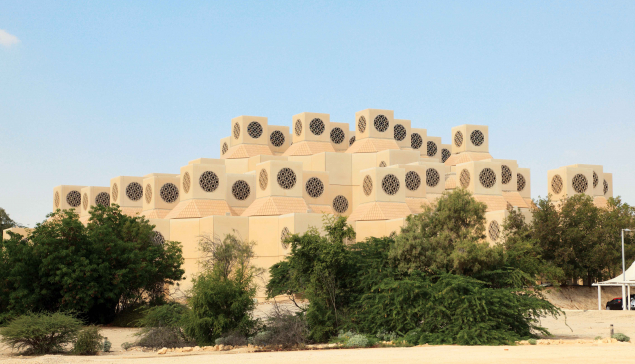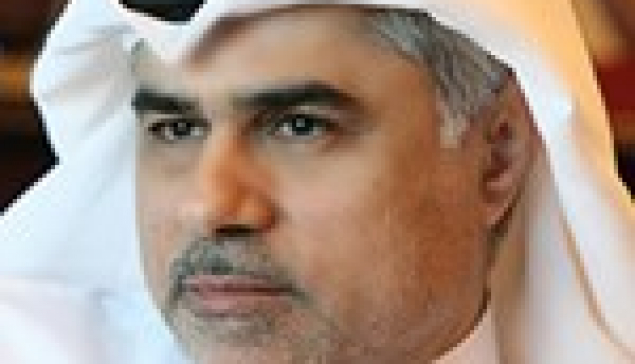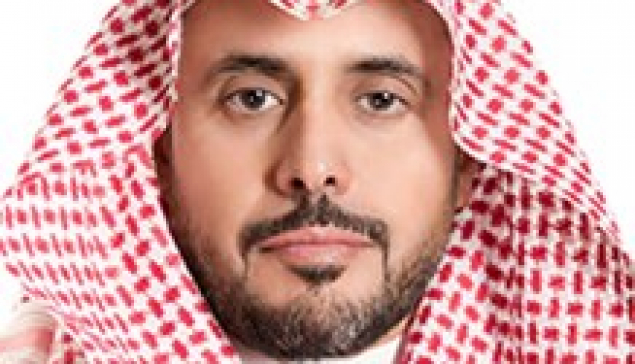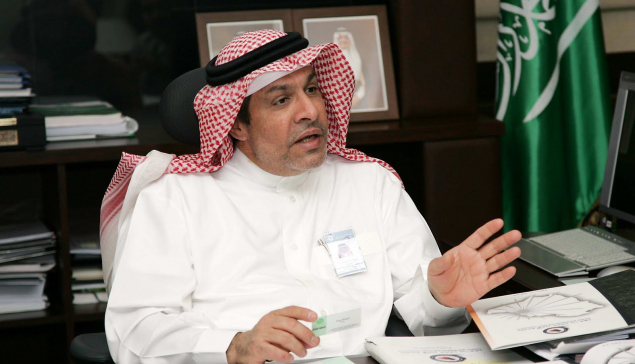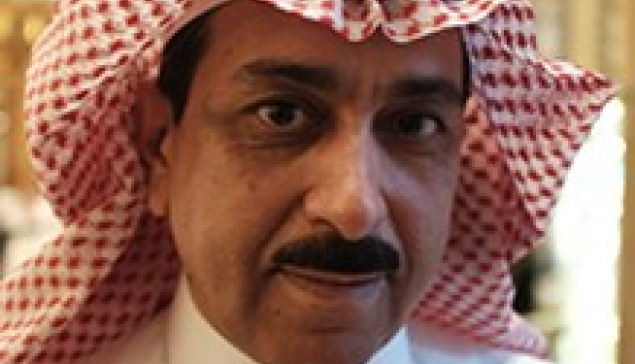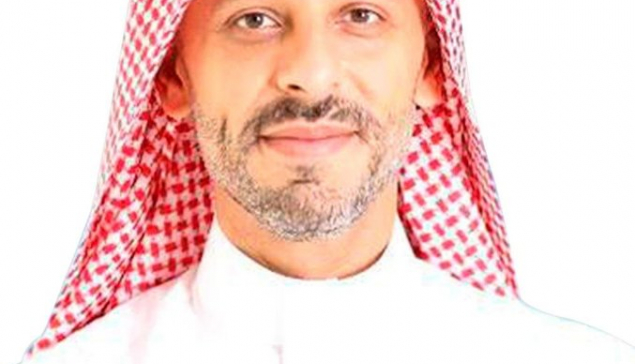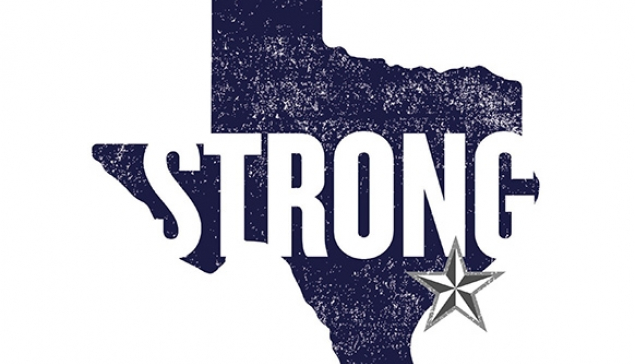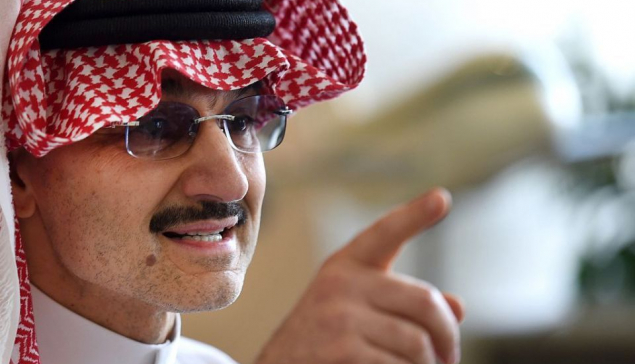Health is a crucial piece of the national transformation plan. It also has specific goals stated within the NTP. Have those goals changed the strategy of the group or influenced it in any way?
Saudi Arabia is a giant that has been sleeping. In the past, it was kind and generous to everyone, but not particularly productive. Now the country will start to produce. The reforms imply that people will have to give, and not just take. This shift in policy has provoked a shockwave to the system. Imagine a budget of USD250 billion a year that was spent as if it was the duty of the government to spend it. Now, it is being invested in infrastructure and change through the private sector. For example, the Ministry of Health budget of around USD28 billion is going to be spent through the private sector by creating partnerships, outsourcing services, and selling assets or interest in them. Why the private sector? The government cannot make decisions at the speed the private sector can, nor can it run operations as efficiently. Government policy is also working to shift more of the responsibility for the country's growth to the private sector. This means it will use the private sector to efficiently spend on services and economic stimulation. This is the whole idea of privatization. When it comes to health, there have been a series of significant announcements about the structure of the healthcare sector recently. For one, from now on everyone will have a digital health profile that can be accessed by all care providers, and that system will be accompanied by a billing system that will prioritize quality of care in the way that providers are paid. Saudis will still be treated free of charge because it is the government's duty to treat them free of charge, but it will be done through the private sector and in a way that is highly structured. By spending through the private sector, the government's budget will go much further, and the economy will grow and employ more people.
Would Middle East Healthcare be interested in participating in the privatizations and partnerships in the health sector that are being discussed today?
It depends on the tender. When tenders come out it will definitely be an opportunity because the government will guarantee some off take by the provider. So, if your operations are in order it should be a solid proposition. For example, the tenders may propose that a private firm take a hospital, operate it, and guarantee a number of patients every year at a high level of service. It will allot some of the 20 million Saudis to these hospitals and pay for them through a national insurance scheme that relies on the infrastructure I mentioned; that means the hospitals will treat Saudis, but the government will pay for it. We are much more efficient than the government, and could deliver a high level of service as well as control costs considerably from what government care centers spend today. From what I have seen, we are already lower cost even though we are considered one of the best places to go for care in the region.
What made you decide to risk the market and go for an IPO in 2016, even though the market had seen a downturn? The decision now looks to have been on good footing judging by your share price.
That was one of the most difficult decisions I have taken in my life. If it had failed, it would have been a disaster. I hired a team of financial advisors, and they said go for it. In the end it was as simple as that. The beauty of that was that they said go, and then the stock exchange dropped 7 points the next day. Because of the fluctuation they said wait, so we backed out and waited for one month. Then we went back in, and it was a success. It was not my genius—it was being part of a team. In this part of the world a family business that does not go to IPO will be dissolved within 25-50 years, mostly due to conflicts within the family. I believe the only way to secure safe and fair exit is through IPO. The capital markets are the future, as is public ownership. This has been a landmark for us, and it gives the business a sustainable future. We are increasing our investments; our name is better known, we are expanding, and the opportunities available to us have increased. We are investing the capital raised from the IPO in new projects, primarily building more hospitals in Saudi Arabia and increasing our market share.
You also have medical colleges now. What is the future of that line of business?
We have the largest private-sector medical school in the country. We are building four more. We are also developing what we call medical cities, which are large complexes that have a medical college, a large hospital, and hospital for the poor. Recently, I came up with the idea of leveraging private-sector knowledge to this cause. This is essentially a charity—a hospital for the poor—that leverages the private sector to close the gap between the rich and poor's access to healthcare by leveraging private-sector knowledge to reduce cost. This means, for example, our group has knowledge and a brand name; people know us, which makes them want to help and work with us for a good cause, like helping people in need. I have arranged with landowners, medical suppliers, and doctors to donate their time, energy, products, or money toward a hospital dedicated to treating the poor in Mecca. Soon, this project will be operational.
What are your expectations for 2017?
It will be a challenging year. The government is introducing a lot of new rules, and society is starting to feel the strain. The Saudi population needs to learn how to walk; it has become too used to being carried by the government. This is a natural and necessary step forward. However, despite the so-called crisis, the Saudi economy is strong and resilient. In addition, healthcare and education are resilient industries and we take part in both; we are in a people-oriented industry. To finish with an idea that started this conversation, Saudi Arabia is a great and flourishing country, a giant of the region, and I want to be able to help the development of my country and my people.
- Super User
- Health
- Hits: 2276
